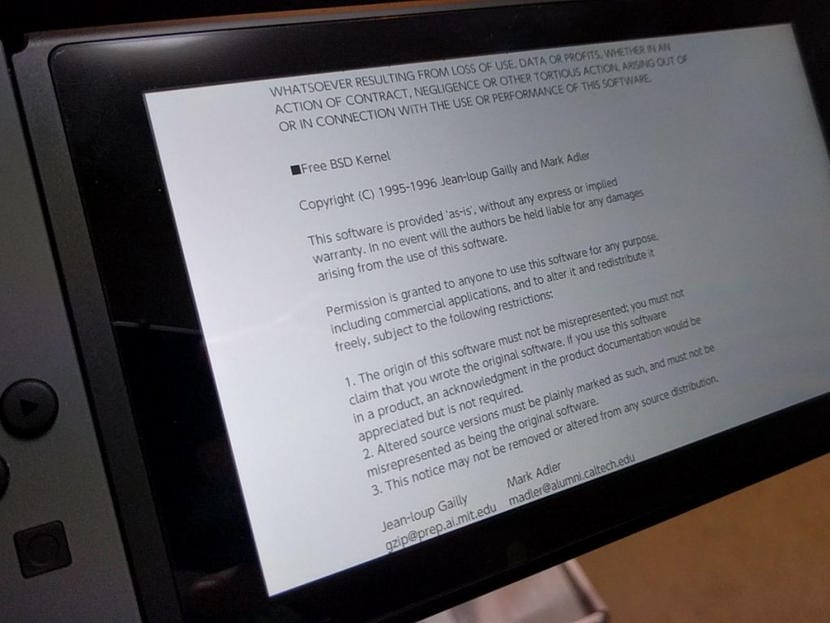
Last week, the famous hacker group Fail0verflow reached a goal that was not thought possible, it achieved install Debian on the Nintendo Switch thanks to a vulnerability that they themselves found in long research sessions.
In their notes on the hack, the hacker group mentioned that the exploit they found cannot be fixed by Nintendo through a firmware update because it is a bug in the boot ROM. This vulnerability allowed the installation and use of the popular Debian Linux distribution.
Nintendo Switch running like a tablet with Linux
On the weekend, days after the first announcement, fail0verflow said via Twitter that they went as far as the Nintendo Switch hardware allowed them, using KDE Plasma desktop to transform the console into a Linux tablet.
In the video posted on the social network you can see the Nintendo Switch running KDE Plasma allowing the user to adjust the screen brightness, zoom with gestures, as well as scroll and write text on the screen.
Code execution is all the rage these days, but can your Switch do * this *? ;-) #switchnix pic.twitter.com/NMnBq61tOM
- fail0verflow (@fail0verflow) February 17th 2018
While this all sounds great for those looking for a Linux tablet, don't be in a rush to acquire a Nintendo Switch, the group has not revealed any details of how they managed to install Linux on the console. Fail0verflow has been very active the last few years and maybe his main achievement has been to 'hack' the PlayStation 4 and modify it at will.
Until Fail0verflow decides to teach us how to install Linux and KDE Plasma on the Nintendo Switch, the experiment cannot be reproduced. Either way, this is a great achievement for the free software community. In the video above you can see the operation of the 'released' Nintendo Switch.
Very good, although it seems to me that it is BSD and not linux